As the lights dimmed in Kuala Lumpur, a city bustling with innovation, Arun Pai, a principal at Singapore-based Monks Hill Ventures, took the stage to address the elephant in the room: Southeast Asia's tech sector is in a slump. The region, once touted as the next big thing, is now facing a perfect storm of challenges. Funding has dried up, high-profile failures have cooled sentiment, and the region's economies are still in their early stages of development. But Pai, a seasoned investor, remained optimistic, pointing to a glimmer of hope: Southeast Asian founders are finding success by building for the globe, rather than targeting neighboring markets.
Southeast Asia's tech sector is a decade younger than India's, two decades behind China's, and five decades behind Silicon Valley's. It's a region that's still finding its footing, with most economies struggling to reach a critical mass of consumers. But despite these challenges, Pai believes that the region has the potential to thrive. "The willingness to buy your product or service is still extremely challenging and low," he noted, "but that's also an opportunity for founders to think bigger, to think global."
One such founder is Yiannis Maos, co-founder of Unloq AI, a Singapore-based startup that's making waves in the global market. Maos, who was part of the panel discussion hosted by Universiti Malaya, has seen firsthand the challenges of building a business in Southeast Asia. But he's also seen the opportunities. "We're not just building for the local market," he said. "We're building for the world."
Unloq AI's success is a testament to the power of global thinking. The startup has developed an AI-powered authentication platform that's being used by companies around the world. It's a product that's not only scalable but also has the potential to disrupt the global market. And it's not alone. Other Southeast Asian startups, such as Grab and Go-Van, have also made a name for themselves by thinking globally.
But what's driving this shift towards global thinking? Pai attributes it to the region's unique advantage: its proximity to both Asia and the West. "Southeast Asia is the bridge between the two," he said. "It's the perfect place to build a business that can scale globally." And it's not just about geography; it's also about culture. Southeast Asian founders are known for their entrepreneurial spirit, their willingness to take risks, and their ability to adapt.
Of course, there are still challenges ahead. Funding remains a major hurdle, and the region's economies are still struggling to recover from the pandemic. But Pai remains optimistic, pointing to the region's growing talent pool and its increasing connectivity. "Things will work out quite well here in the long run," he said.
As the lights dimmed in Kuala Lumpur, it was clear that Southeast Asia's tech sector may be in a slump, but it's not out of the game. With its unique blend of culture, geography, and talent, the region has the potential to thrive. And it's not just about building a business; it's about building a better future for the people of Southeast Asia.


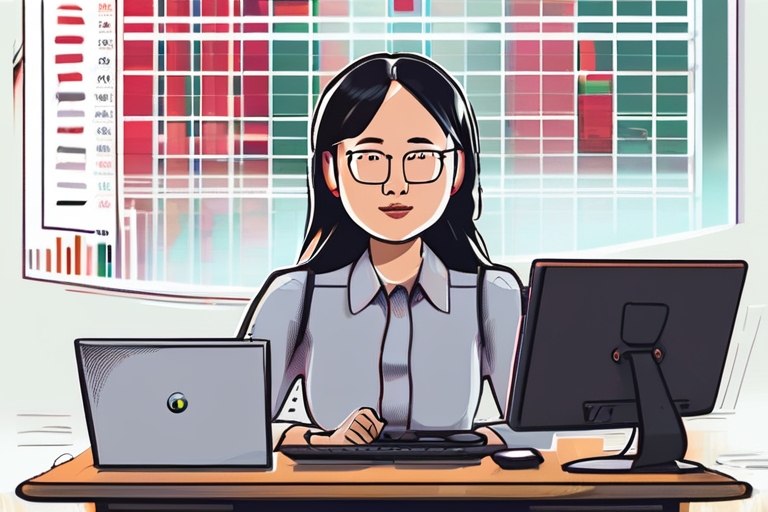
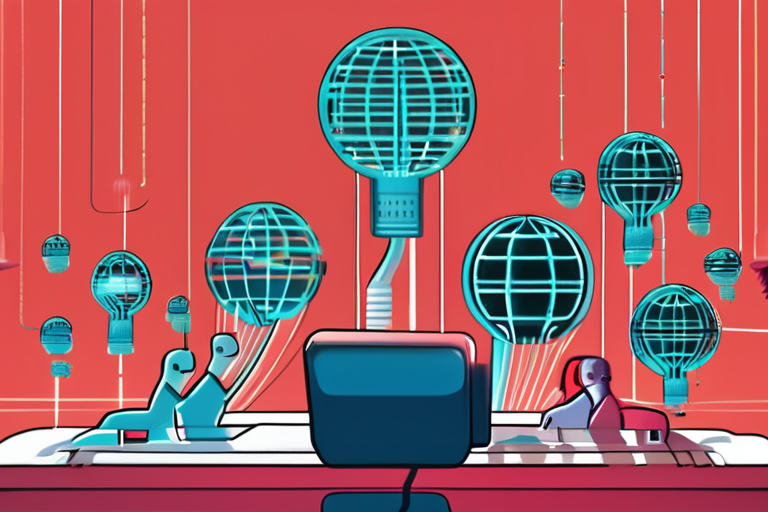





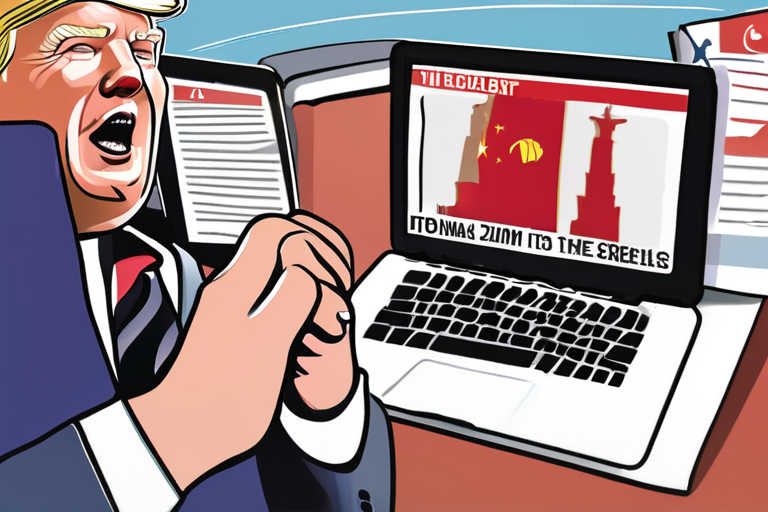
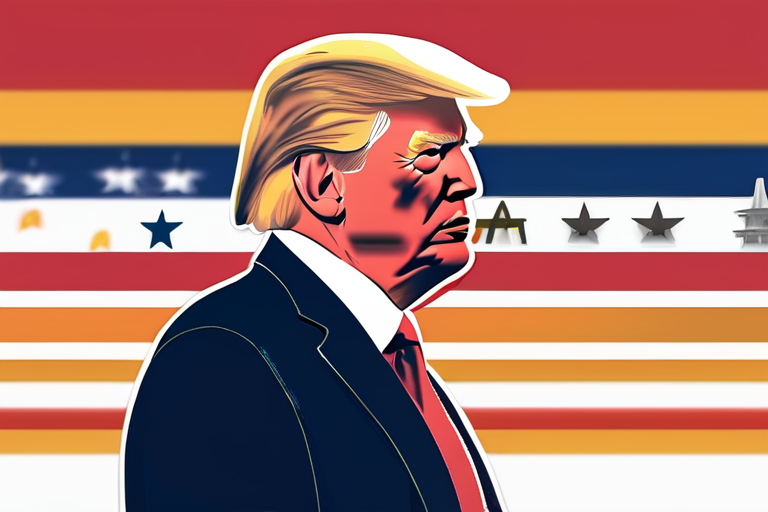


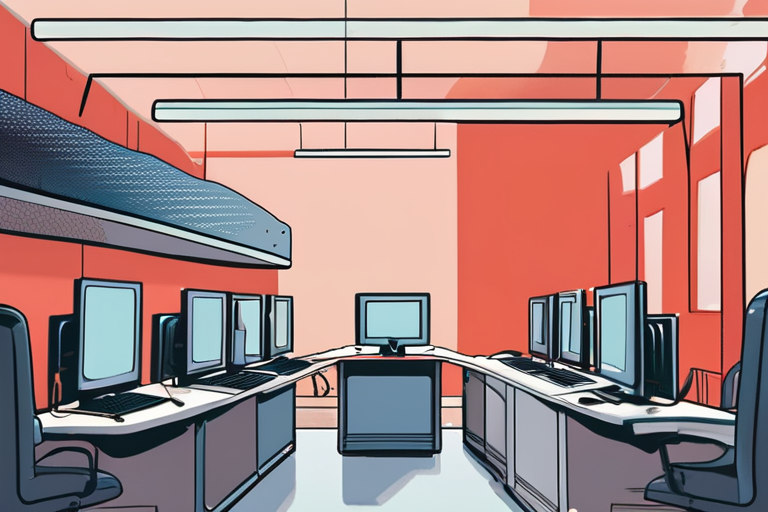
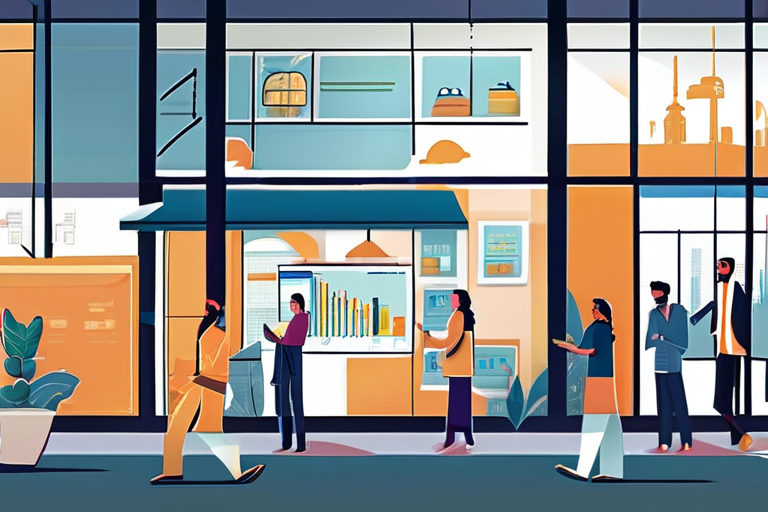



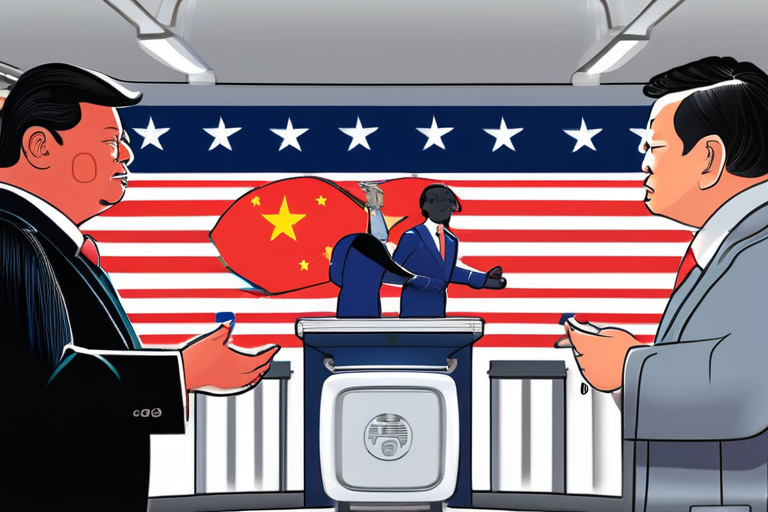

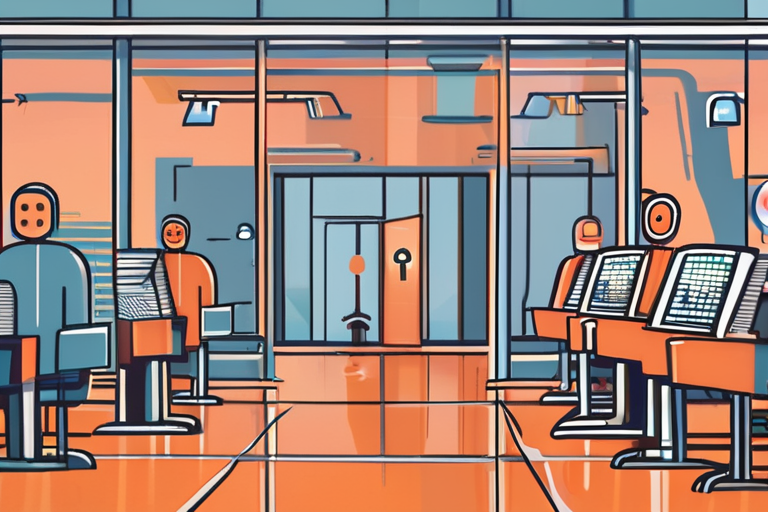
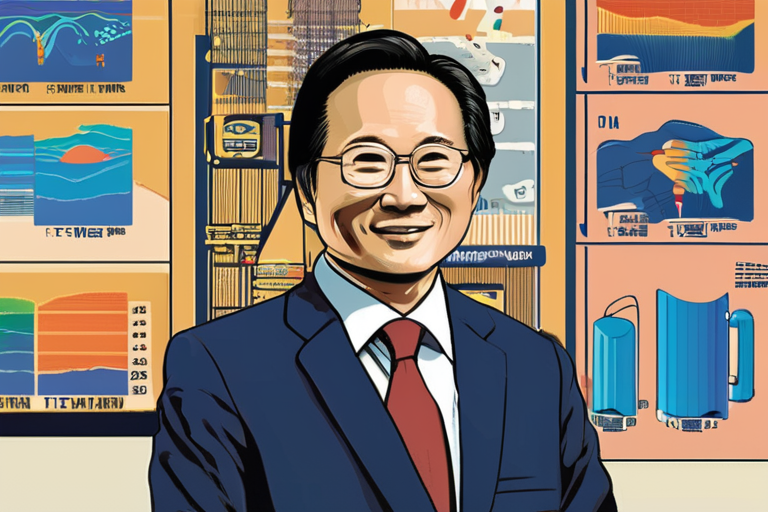
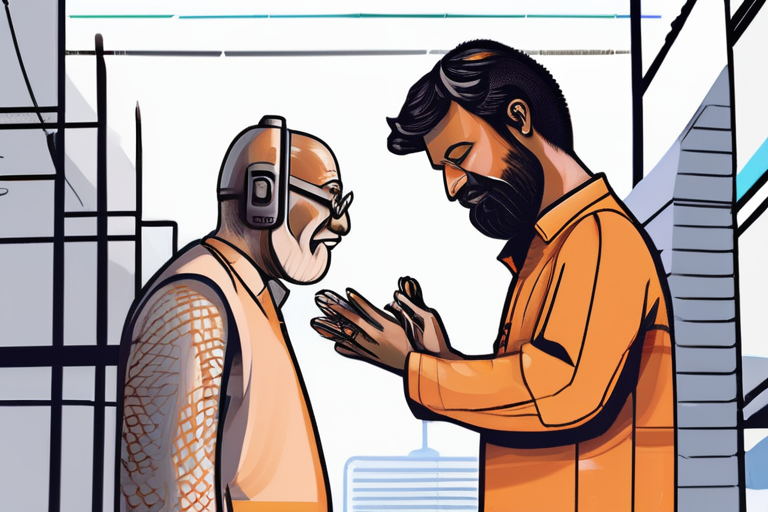
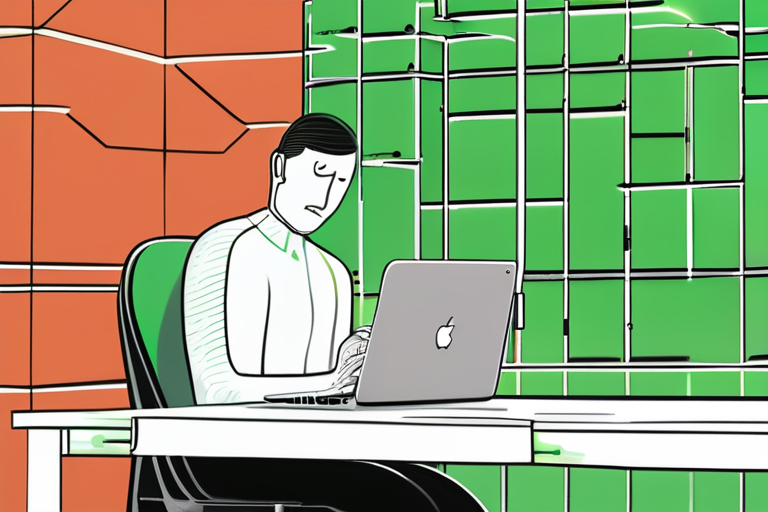

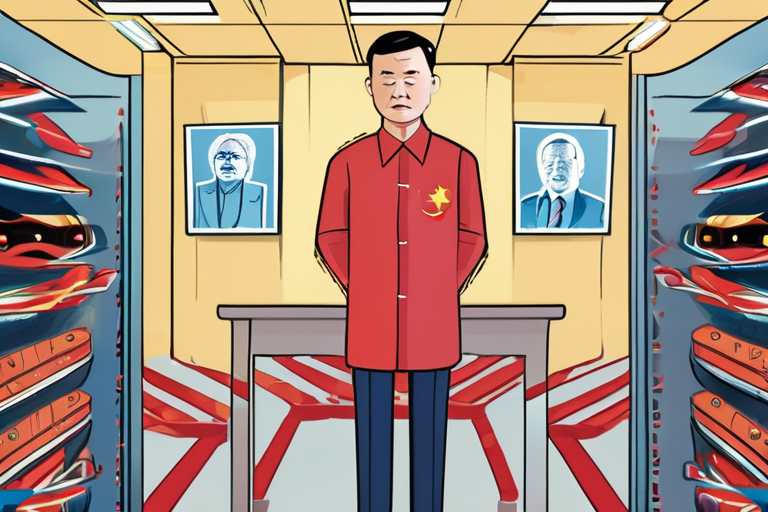
Share & Engage Share
Share this article